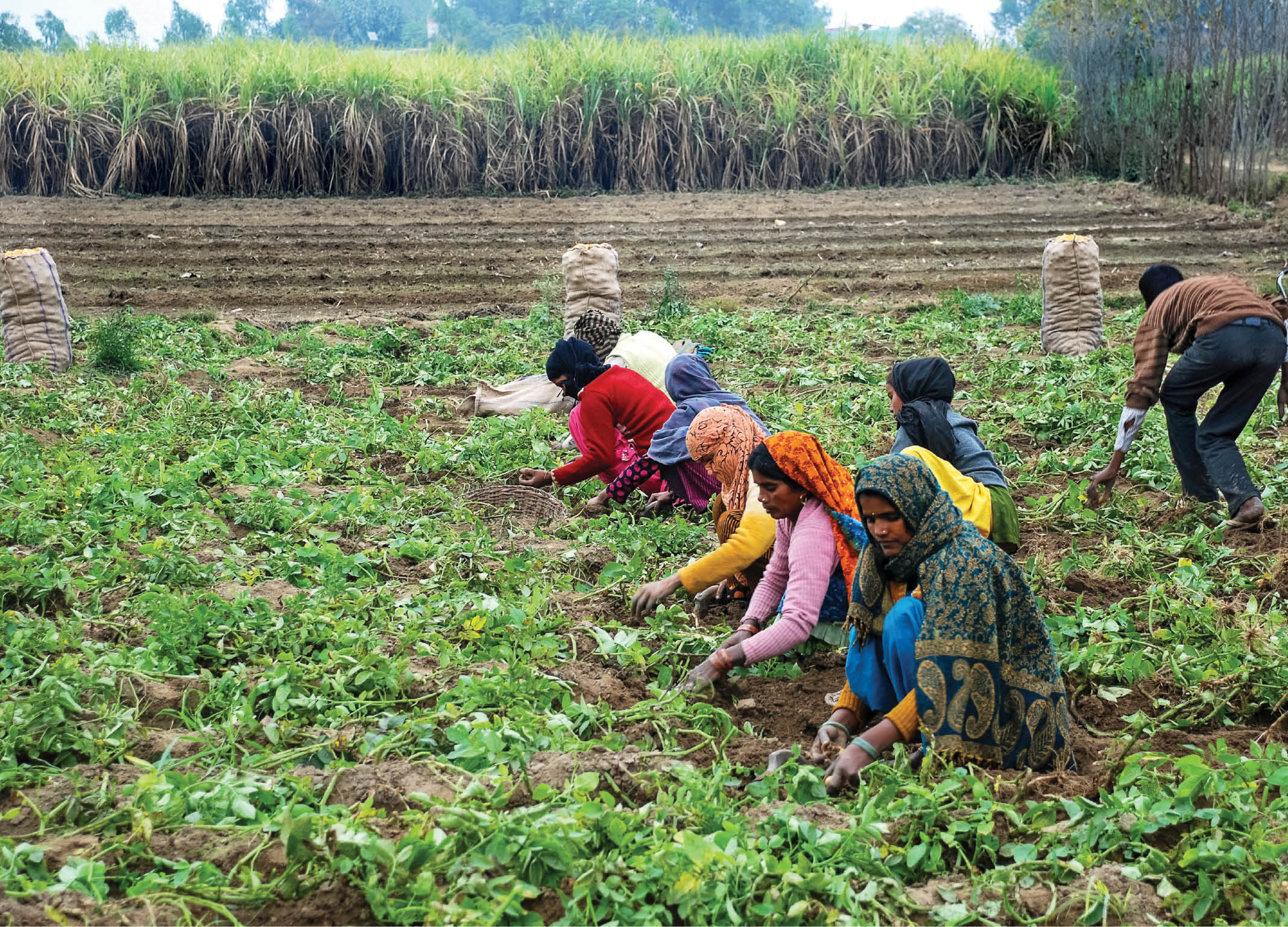Land Acquisition and Urbanisation



India is set to embark on a new chapter in its Polar exploration journey with the construction of Maitri II. The Indian government plans to establish a new research station near the existing Maitri ba...
.png )
The Deep Ocean Mission (DOM), approved by the Government of India in 2021 under the Ministry of Earth Sciences (MoES), represents a strategic step in realizing Sustainable Development Goal 14 (SDG 14:...

China recently announced restrictions on the export of seven rare earth elements (REEs), soon after US President Donald Trump decided to impose tariffs. As the world's dominant supplier—responsible fo...
Lessons learnt from large scale acquisition of land for planned development of Delhi under the Land Acquisition Act of 1894 have gone on to frame the new Land Acquisition Act of 2013. Yet, some major...
Agricultural land converted to non-agricultural uses is often understood as ‘development’. While high growth, rich states have managed to hold on, the low growth poorer states have lost significant am...
The marginal farmer is today pitted against the hegemony of the state and its collaborator—the private developer, even as the developing economy fails to provide alternative livelihoods to those in se...
Tribes are marginalised to make way for the well-being of the economically and politically stronger. However, the neo-liberal regime has ensured that these communities are pushed into near obliteratio...
Lessons learnt from large scale acquisition of land for planned development of Delhi under the Land Acquisition Act of 1894 have gone on to frame the new Land Acquisition Act of 2013. Yet, some major concerns remain unaddressed to this day.

Agricultural land converted to non-agricultural uses is often understood as ‘development’. While high growth, rich states have managed to hold on, the low growth poorer states have lost significant amounts of land under plough causing distress to their agricultural communities.

The marginal farmer is today pitted against the hegemony of the state and its collaborator—the private developer, even as the developing economy fails to provide alternative livelihoods to those in search of non-farm employment.
